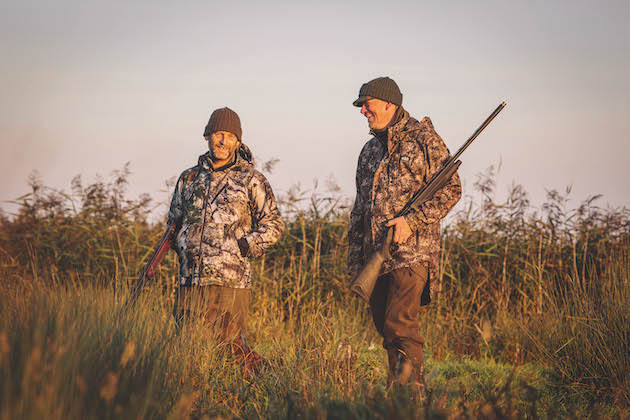Scottish Government reject RSPB’s wildfowling ban efforts
The Scottish Government has rebuffed efforts by the RSPB to have a wildfowling ban introduced on the Solway firth.

The charity, which recently launched a crowdfunder ‘to tackle the outbreak’ of avian influenza, asked the Scottish Government to introduce the ban to limit
‘disturbance’ to Barnacle geese.
However ministers refused the request, with the Scottish Government saying in a statement: “We are aware of the serious impact of avian influenza on the barnacle goose population on the Solway. While we will keep matters under review and consider any relevant evidence supporting such a course of action, having considered the situation, no further measures will be implemented at this stage.”
The RSPB said the decision was “disappointing” and said “we urge ministers to reconsider.”
BASC Scotland Director, Dr Colin Shedden, welcomed the decision. Dr Shedden said: “We welcome the decision by the Scottish Government to resist RSPB Scotland’s calls to temporarily ban shooting on the Solway. BASC has been engaged with the Scottish Government on this matter in the last 24 hours, and it is good to see ministers and officials following the science.
“The RSPB’s claim that shooting causes damaging disturbance has not been substantiated with evidence. BASC will continue to provide the shooting community with the very latest guidance on avian flu.”
The Solway firth, which divides Cumbria from Dumfries and Galloway, is a major Scottish wildfowling site. It is also the site of two large wildfowl reserves; RSPB Mersehead and The Wildfowl and Wetlands Trust’s Caerlaverock reserve. These sites see huge congregations of wintering geese with almost the entire Svalbard Barnacle goose population visiting the two reserves.
An estimated 38% of the barnacle goose population may have died in the outbreak making it by far the most severe avian influenza outbreak in wild birds anywhere in the UK. A south of Scotland wildfowler, who asked not to be named, said: “No-one is suggesting that wildfowling is the cause of this problem, maybe instead the RSPB should consider whether gathering huge numbers of geese on its reserves has increased the rate at which this disease has spread.”








